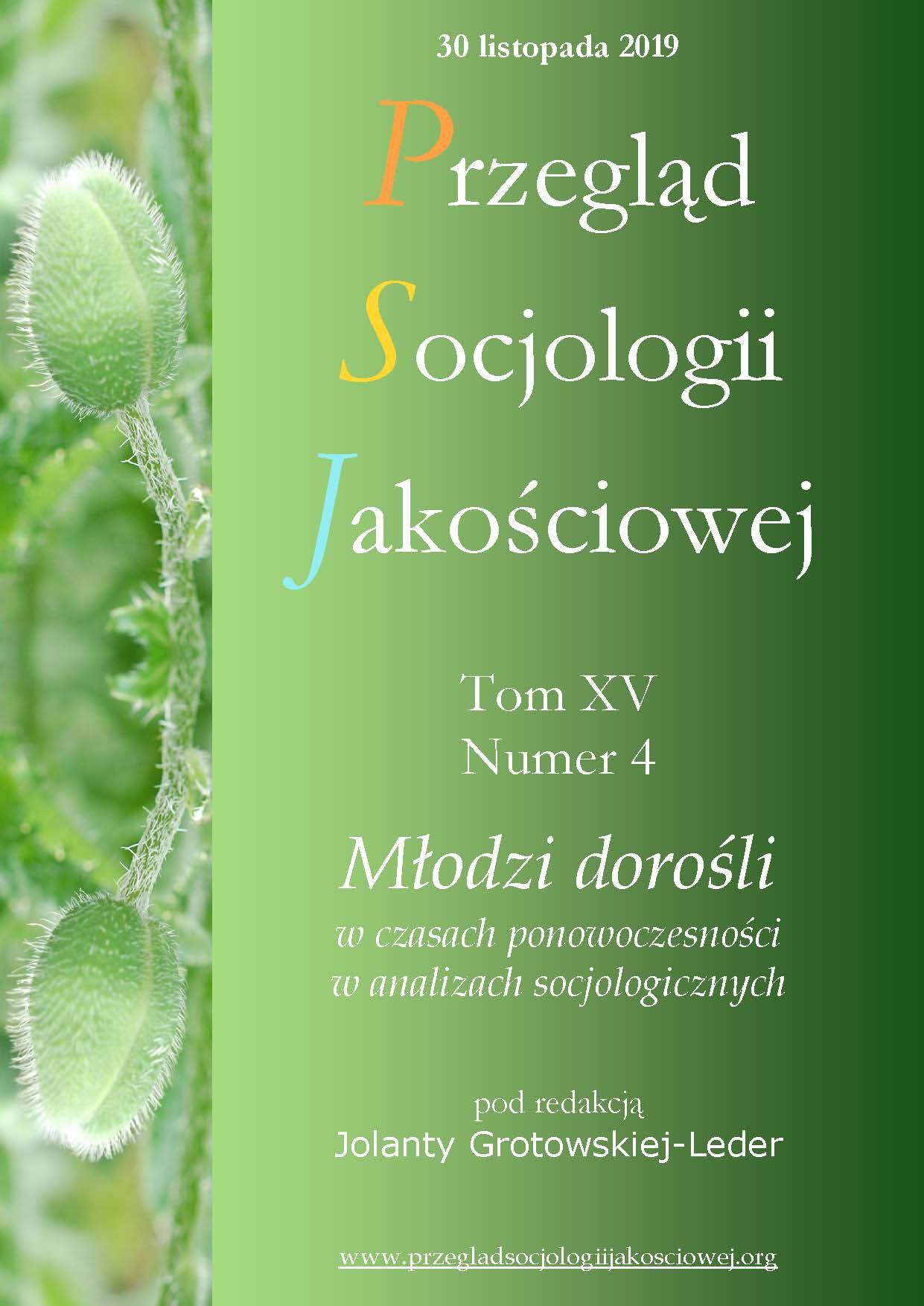Enhancing Autonomy through the Occupational Engagement of Adults with Intellectual Disabilities: Supported Employment Model Applied by the Polish Association for Persons with Intellectual Disabilities (Branch in Zgierz)
Enhancing Autonomy through the Occupational Engagement of Adults with Intellectual Disabilities: Supported Employment Model Applied by the Polish Association for Persons with Intellectual Disabilities (Branch in Zgierz)
Author(s): Grażyna Mikołajczyk-Lerman, Małgorzata PotocznaSubject(s): Social Sciences, Health and medicine and law, Family and social welfare, Welfare services
Published by: Wydawnictwo Uniwersytetu Łódzkiego
Keywords: enhancement of autonomy; occupational engagement; adults with intellectual disabilities; supported employment; non-governmental organizations
Summary/Abstract: Reflections presented in this paper reverberate with the current social discourse based on respect for human rights, with heavy emphasis put on the active policy of employment of persons with disabilities. Improvement of the employment support system seems to be one of the most efficient forms of integrating this previously excluded and marginalized group of people into the mainstream social life. It is especially important in the case of persons with intellectual disabilities, who often remain in a particularly difficult situation for many reasons. Enhancing their autonomy via occupational engagement may be beneficial both at the individual (improved personal functioning) and macro (reduced costs for the state and welfare system) levels. The authors of this paper reflect upon the development and implementation of best practices in terms of building an effective mechanism of promoted social participation and the occupational engagement of persons with intellectual disabilities in an open social environment. This seems to create a real chance for community integration, to which these persons have the inalienable right, although so far they have often been left out of the mainstream social life.
Journal: Przegląd Socjologii Jakościowej
- Issue Year: XV/2019
- Issue No: 4
- Page Range: 184-203
- Page Count: 20
- Language: English

